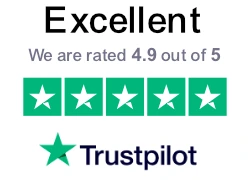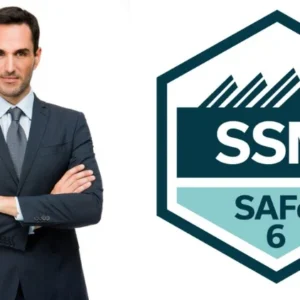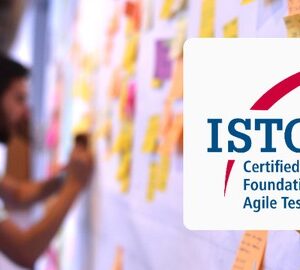Next.js is transforming modern web development, offering powerful capabilities in server-side rendering, static generation, and full-stack application development. This Comprehensive Next JS Developer Practice Tests with 6 practice tests and 150 practice questions is designed to validate your knowledge, reinforce best practices, and prepare you for real-world development challenges using the Next.js framework.
Whether you’re a beginner or an experienced developer, mastering Next.js opens doors to high-performance applications and competitive full-stack roles. This course provides expertly crafted practice questions covering every critical aspect of the framework—from file-based routing and API development to authentication, deployment, and SEO.
Enroll now and assess your proficiency, build confidence, and advance your career with Next.js mastery.
Gururo is a PMI Authorized Training Partner
At-a-glance
Best for
- Frontend developers
- React developers
- Full-stack engineers
- Anyone Serious
Why Gururo?
- Lowest Cost
- PMI Authorized Training Partner (ATP)
- 24*7 Support
- 365 days access
Course Details
- 6 full-length Next JS mock exams
- 150+ challenging questions
- Instant Access
- Certificate of Completion
Highlights
- Realistic Exam Simulation
- Aligned with actual exam blueprint
- Progress Tracking & Review option
- Unlimited Attempts
What You’ll Learn
- Master core Next.js concepts including file-based routing, API routes, and dynamic paths.
- Build and optimize SSR (Server-Side Rendering), SSG (Static Site Generation), and ISR (Incremental Static Regeneration) workflows.
- Apply authentication and authorization techniques using Next.js and third-party libraries.
- Integrate external APIs and backends with Next.js via serverless functions and middleware.
- Understand and configure performance optimization features like image optimization, prefetching, and code-splitting.
- Troubleshoot Next.js configuration issues and build errors with practical debugging skills.
- Securely deploy Next.js applications using Vercel and other cloud platforms.
- Customize and extend the Next.js Webpack configuration for project-specific requirements.
- Implement SEO best practices using Next.js Head, canonical URLs, and structured metadata.
- Validate readiness for professional roles through real-world Next.js project scenarios and problem-solving.
Course Requirements / Prerequisites
- Basic understanding of JavaScript and React is required to navigate Next.js concepts effectively.
- Experience building or experimenting with web applications will enhance learning.
- A working development environment with Node.js and a code editor (like VS Code) is recommended.
- Familiarity with REST APIs, HTTP methods, and client-server architecture is beneficial.
- Motivation to improve frontend and full-stack development skills using modern frameworks.
- Willingness to analyze code and debug sample Next.js applications.
- Basic comfort with Git and deployment processes supports real-world readiness.
- No prior experience with Next.js is required—questions range from beginner to advanced.
- A growth mindset and focus on hands-on testing will maximize retention and confidence.
- Optional: Access to a Vercel account for deployment practice is helpful.
Who Should Take This Course?
- Frontend developers learning or transitioning into modern React-based frameworks.
- React developers aiming to master Next.js for building scalable full-stack applications.
- Full-stack engineers preparing for technical interviews involving Next.js.
- Freelancers and consultants delivering client projects with performance-driven web apps.
- Career switchers entering web development and seeking practical framework fluency.
- Students and self-learners needing structured assessment to measure learning progress.
- Developers seeking to understand serverless and hybrid rendering capabilities with Next.js.
- Teams adopting Next.js for production-grade web applications.
- Professionals targeting roles involving static site generation, Jamstack, or headless CMS.
- Anyone looking to validate their skills in building and deploying modern React-based web applications.



















